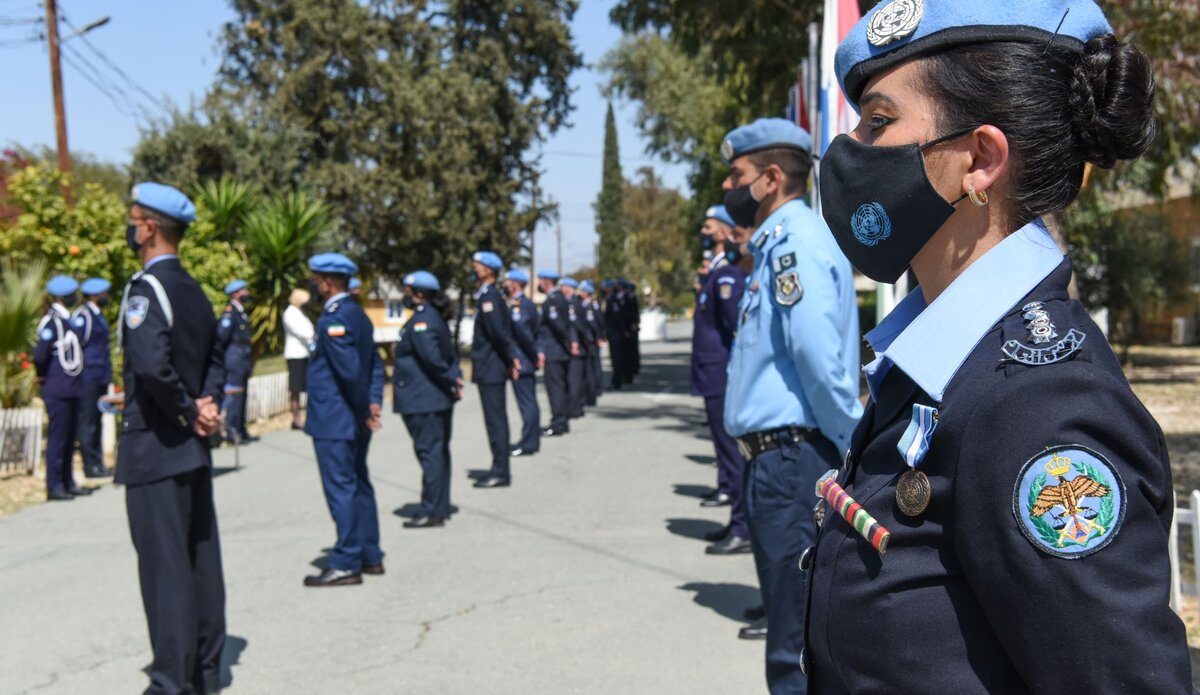All United Nations police, regardless of status and the procedure by which they were selected, appointed, recruited deployed or contracted, have a responsibility to ensure that human rights are promoted, respected, protected and advanced through, within and by their own organizational entity/unit. They shall not be perpetrators of human rights abuses or complicit in, or accessories to, human rights violations.
In line with article 101 of the United Nations Charter, the Staff Regulations and Rules, the Regulations governing the Status, Basic Rights and Duties of Officials other than Secretariat Officials, and Experts on Mission the Standards of Conduct for the International Civil Service, the United Nations Core Values, and other relevant standards, the United Nations Police is committed to the highest standards of efficiency, competence and integrity.
In order to ensure that only United Nations police personnel of the highest standards of integrity serve with the United Nations, the Secretary-General has requested that procedures be established to:
- strengthen pre-deployment screening by Member States;
- require individuals serving or seeking to serve with the United Nations to provide self-attestations and, where necessary, background information prior to entry into service or taking up their appointments; and
- establish a United Nations screening of the human rights conduct of police candidates/nominees.
The Secretary-General has a zero-tolerance approach to any form of misconduct, including sexual exploitation and sexual abuse (SEA), and fraud and corruption. United Nations police officers must strictly to the standards of conduct for personnel assigned to the the United Nations. You can view up to date statistics on the UN Conduct and Discipline Unit website.
Sexual exploitation and abuse
The UN has a zero tolerance policy with respect to sexual exploitation and sexual abuse. Any form of sexual exploitation and sexual abuse is strictly prohibited as laid out in the Secretary-General’s Bulletin on Special Measures for protection from sexual exploitation and sexual abuse. For instance, transactional sex and sex with any person under 18 is prohibited regardless of the age of majority or the age of consent locally.
Addressing misconduct
The UN has a three-pronged strategy to address all form of misconduct including sexual exploitation and abuse:
-
prevention of misconduct,
-
enforcement of UN standards of conduct and
-
remedial action.
See how allegations of sexual exploitation and abuse involving UN Personnel are managed in this infographic:

The Conduct and Discipline Unit website provides more detailed information on all these issues.

